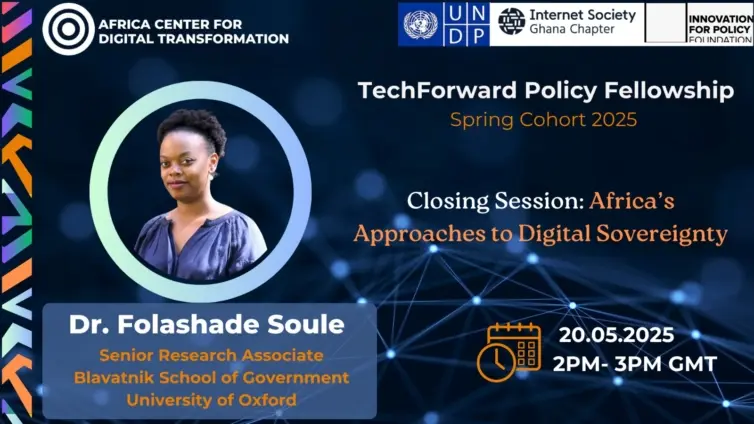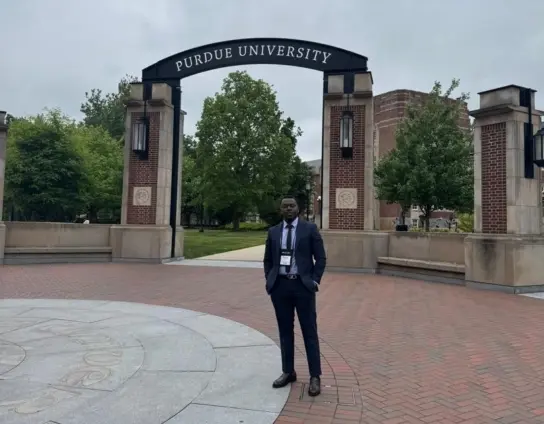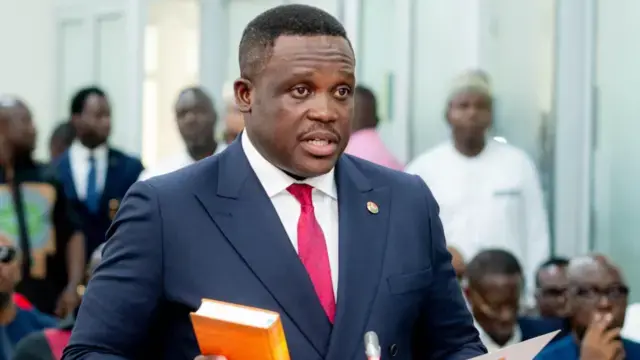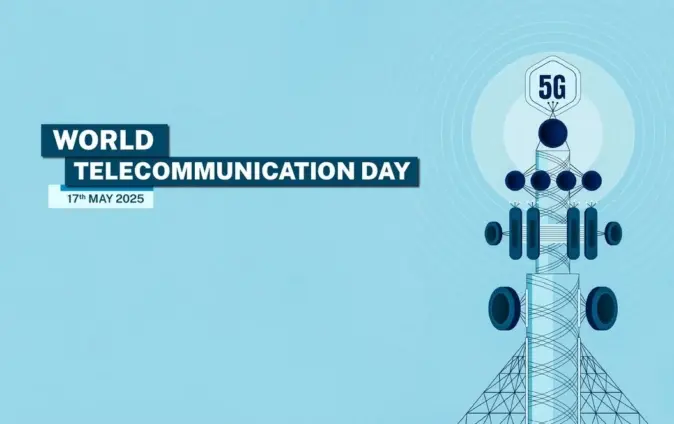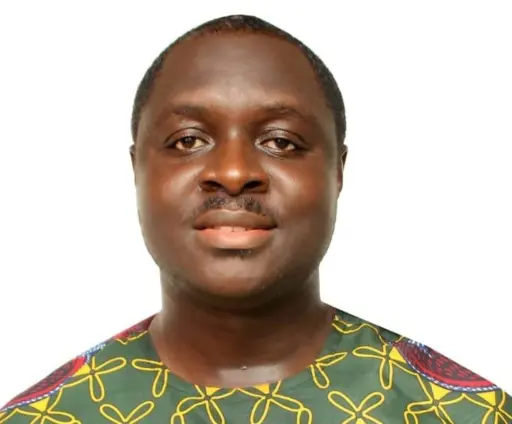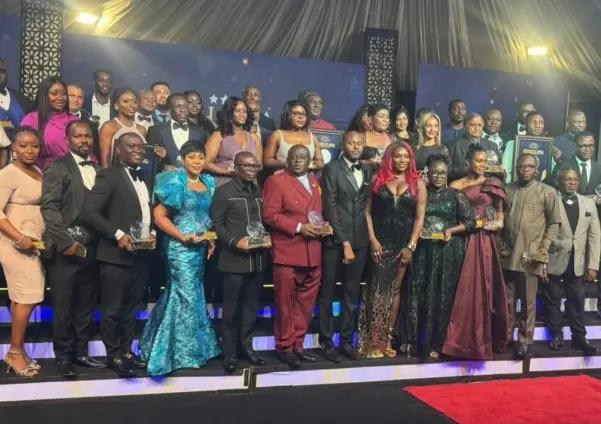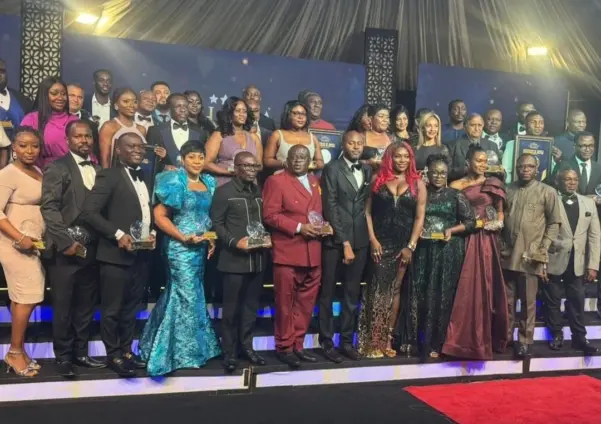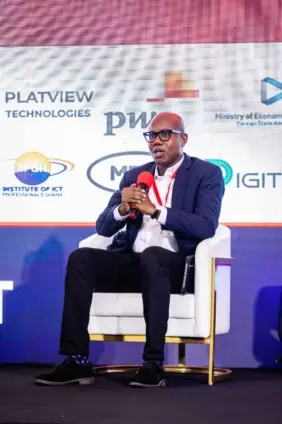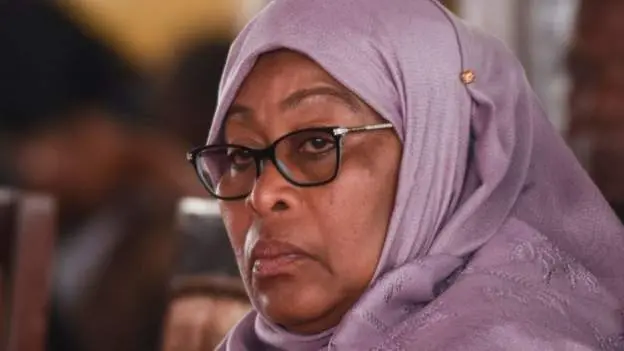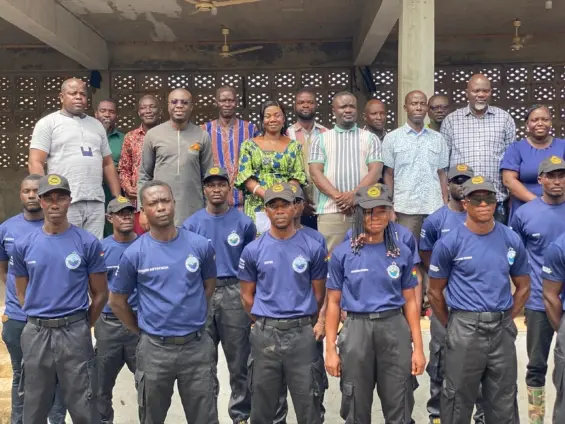Across Africa, a new era of digital aspirations is dawning, intertwined with a growing geopolitical awakening. As nations strive to harness the transformative power of technology, the concept of digital sovereignty has taken center stage. Dr. Folashade Soule, a leading voice in this discourse, recently delivered a compelling keynote address at the TechForward Policy Fellowship, offering profound insights into what Africa’s Digital Sovereignty truly means in the 21st century. Her address challenged conventional wisdom, urging a move beyond simplistic notions of data localization and infrastructure development.
Dr. Soule’s central argument revolved around the necessity of a human-centered, ethically driven, and regionally solidary approach to Africa’s Digital Sovereignty. She advocates for a paradigm shift that places African agency and values at the heart of the digital revolution, ensuring that the continent shapes its own technological destiny rather than merely adopting foreign models.
Conventional views of digital sovereignty often narrowly focus on infrastructure development and data localization. While these aspects are undoubtedly important, Dr. Soule argues that they are insufficient for Africa. She contends that true Africa’s Digital Sovereignty must extend beyond mere control over physical infrastructure and data storage; it must encompass epistemic justice, ensuring that African voices are central in shaping digital standards and governance.
“Africa’s digital sovereignty must be about more than infrastructure or data localization,” Dr. Soule stated. “It must also be about epistemic justice, ensuring that African voices shape the standards, narratives and governance models that underpin our digital ecosystems.” This perspective calls for a fundamental rethinking of how digital policies are formulated and implemented across the continent.
Several African nations, including Nigeria, Kenya, South Africa, and Rwanda, offer compelling case studies illustrating the complexities of achieving digital sovereignty. These countries have demonstrated significant regulatory ambition, enacting policies aimed at controlling data flows, promoting local content, and fostering digital innovation. However, they also grapple with the practical challenges of implementation.
Tensions often arise between ambitious regulatory goals and the limited capacity to effectively enforce them. Moreover, the wholesale adoption of foreign regulatory models without considering local contexts can lead to unintended consequences. Dr. Soule advocates for context-aware and citizen-driven approaches that blend indigenous knowledge with global norms, fostering hybrid solutions that are tailored to the unique realities of each nation. A simple copy and paste approach from foreign regulatory models is not suitable.
African governments are currently grappling with a range of critical questions regarding digital sovereignty. How can they effectively control the vast amounts of data generated within their borders? What role should the African Union play in harmonizing digital laws across the continent? How can they maintain competitive innovation ecosystems while simultaneously upholding digital rights and protecting citizens from online harms?
Fellows at the TechForward Policy Fellowship actively engaged with Dr. Soule on these pressing issues, particularly concerning cross-border data flows and platform governance. These discussions highlighted the multifaceted nature of digital sovereignty and the need for collaborative solutions.
Achieving digital sovereignty in Africa is not a straightforward endeavor. As Dr. Soule candidly acknowledged, “There is no silver bullet. Sovereignty in the digital age is messy, negotiated and deeply political.” This honest assessment underscores the complexities and challenges inherent in navigating the evolving digital landscape.
Dr. Soule emphasized the significance of “pan-African digital constitutionalism” within the African Union, advocating for a unified framework that promotes digital rights and fosters collaboration among member states. She also stressed the critical need for policy leaders who possess a deep understanding of both the transformative power and the inherent fragility of Africa’s digital landscape.
To move beyond being passive consumers in the digital age, Africa must actively design its own digital future. Ms. Evelyn Kwarteng, a participant in the TechForward program, aptly described digital sovereignty as both a process and a collective endeavor, emphasizing the importance of collaboration and shared responsibility.
Dr. Soule’s insights serve as a rallying cry for the TechForward cohort and the broader African community. Africa’s digital future, as Dr. Soule eloquently put it, “is not waiting to be discovered, it is waiting to be designed.” This powerful statement encapsulates the proactive and visionary approach that is needed to reclaim agency and shape a digital landscape that reflects African values and priorities.
Dr. Soule’s address provided a comprehensive overview of the key challenges and opportunities facing Africa in its quest for digital sovereignty. Her core arguments emphasized the need for a human-centered, ethical, and collaborative approach that prioritizes African agency and values.
As Africa continues its digital transformation, it is crucial that stakeholders engage in ongoing conversations and collaborations to shape a future that is both innovative and inclusive. The pursuit of Africa’s Digital Sovereignty is not merely a technological imperative but a fundamental step towards greater economic, social, and political empowerment.
Image Source: MYJOYONLINE

